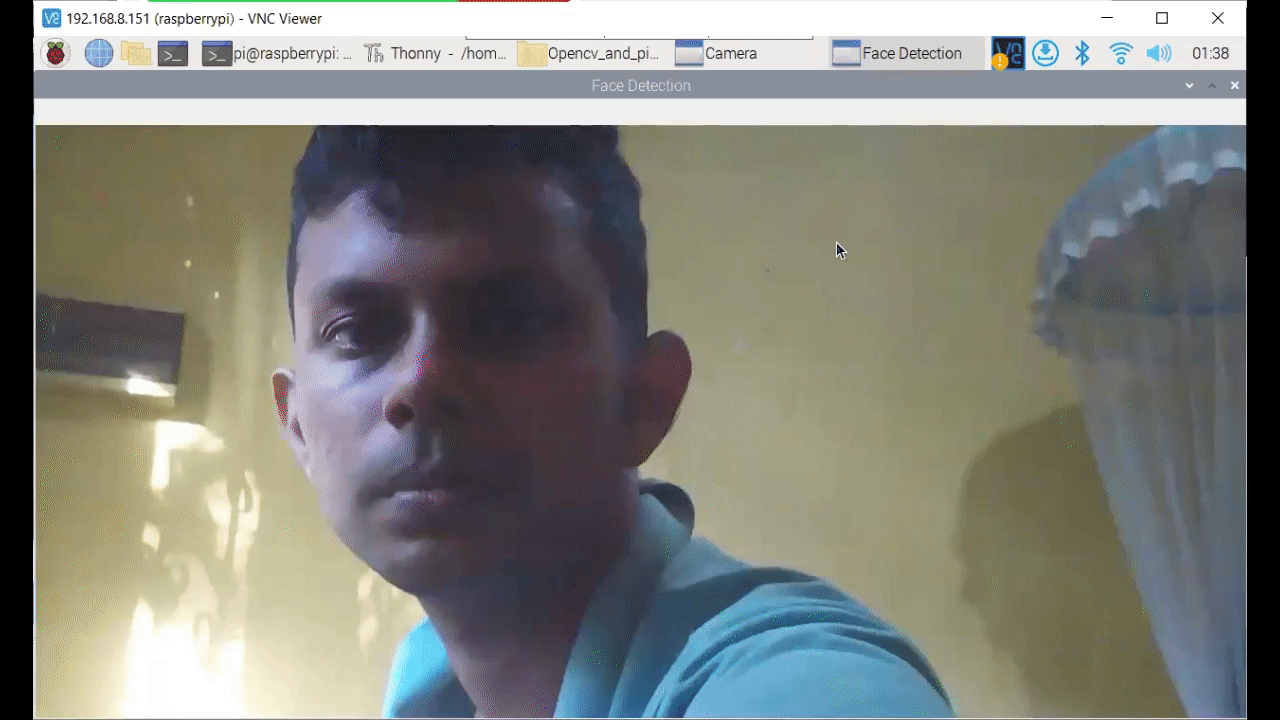Weekly Wiki ✨

Greetings
This is Seraphina in Seeed Studio and welcome to the Seeed Studio weekly wiki! Each Monday, I will introduce you our latest wiki, including the ones related to our new products, the interesting projects published by Seeed Studio, and the tutorials, introductions, etc... You name it.
✨ For each week, when a collaborator contributes a project or fixes something important, we put the stars at the end of title of "Weekly Wiki" for more people be able to see their efforts👍.
Today is November 13th and a brand new week has begun! Check out what Seeed Studio did last week!
Latest Wiki Launched
Getting start with reTerminal and Pi camera with OpenCV
In this tutorial, we'll guide you through the process of setting up the reTerminal with a freshly installed Raspberry Pi OS Bullseye. Our goal is to interact with the PiCam and perform image processing and deep learning activities using the OpenCV library.
Face Detection with reTerminal and Pi camera with OpenCV
Face detection using the Haar Cascade method is a pivotal technique in computer vision, employing a machine learning model to recognize facial features. This method relies on a cascade of classifiers trained on Haar-like features, allowing for swift and accurate identification of faces in images and video streams. Its widespread application spans diverse fields, including facial recognition technology for security and authentication purposes, video surveillance systems, and even in photography software for automatic tagging and sorting based on detected faces. The Haar Cascade method is particularly valuable due to its computational efficiency, making it well-suited for real-time face detection in various contexts, contributing significantly to the advancement of facial analysis and identification technologies.

Object Detection with reTerminal and Pi camera
Object detection on edge computers has become a pivotal field in computer vision, enabling devices to autonomously perceive and respond to their surroundings. EfficientDet, a state-of-the-art object detection model, takes center stage in this domain. Designed to be resource-efficient, it strikes a balance between accuracy and computational demands, making it particularly well-suited for deployment on edge devices with limited processing power. Its ability to identify and locate multiple objects in real-time makes it a key enabler for enhancing the autonomy and intelligence of edge computing systems.

The Efforts of Contributor✨
- Check on GitHub for more information.
- We will be really appreciate if you can share your ideas with us!
Past Weekly wiki
- weekly wiki on 2.27th
- weekly wiki on 3.06th
- weekly wiki on 3.13th
- weekly wiki on 3.20th
- weekly wiki on 3.27th
- weekly wiki on 4.03rd
- weekly wiki on 4.10th
- weekly wiki on 4.17th
- weekly wiki on 4.24th
- weekly wiki on 5.15th
- weekly wiki on 5.22nd
- weekly wiki on 5.29th
- weekly wiki on 6.05th
- weekly wiki on 6.12th
- weekly wiki on 6.19th
- weekly wiki on 7.03th
- weekly wiki on 7.10th
- weekly wiki on 7.17th
- weekly wiki on 7.24th
- weekly wiki on 7.31th
- weekly wiki on 8.07th
- weekly wiki on 8.21st
- weekly wiki on 8.28th
- weekly wiki on 9.11st
- weekly wiki on 9.18th
- weekly wiki on 9.25th
- weekly wiki on 10.9th
- weekly wiki on 10.16th
- weekly wiki on 10.23th
- weekly wiki on 10.30th
- weekly wiki on 11.06th